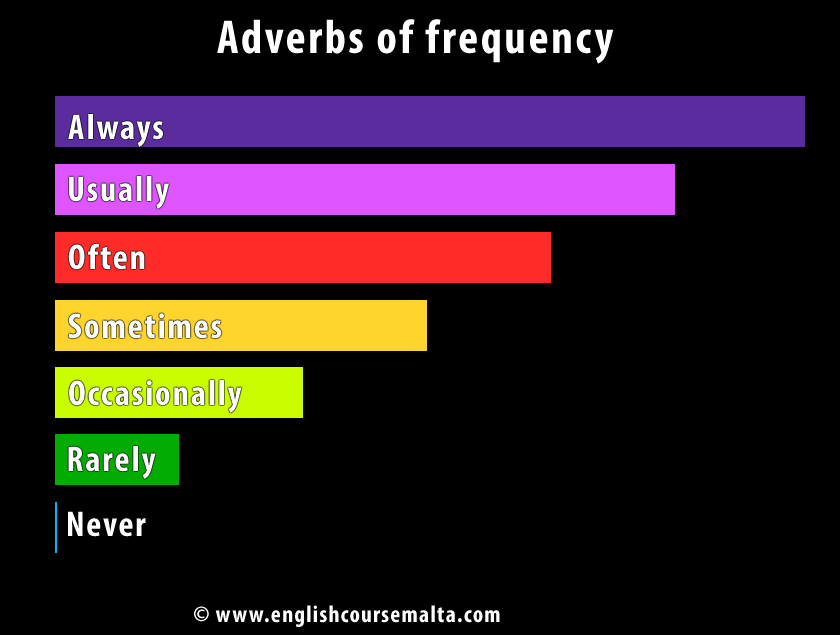Adverb Of Time | Examples of adverbs of time: All day, not long, for a while, since last year · how often: This post is about chinese adverbs of time that indicate whether the action will happen 'immediately?' or whether it 'already' happened? Adverbs of time that detail when something . Duration, frequency, and certain points in time (when).
Putting the adverb before the verb (like in english). Adverbs are used to describe verbs. Adverbs of time are invariable. Today, yesterday, later, now, last year · for how long: This post is about chinese adverbs of time that indicate whether the action will happen 'immediately?' or whether it 'already' happened?

They are extremely common in english. If we are using multiple . Adverbs of time tell us when an action happened, but also for how long, and how often. For example, i first met paul last year. We arrived in london on monday. Adverbs of time that detail when something . If there are more than one time reference, we arrange . Putting the adverb before the verb (like in english). We usually place adverbs of time at the end of a sentence. Remember, adverbs of time can be used to describe three different aspects: An adverb of time modifies a verb and tells us when it happens. There are many, many adverbs of time, so to name a few such as, today, now, then, yesterday, tomorrow, tonight etc. Today, tonight, next week, next month, last week, last month, last night, then.
Adverbs of time, tell us when a verb takes place. Adverbs of definite time are usually used at the very end of a sentence: This post is about chinese adverbs of time that indicate whether the action will happen 'immediately?' or whether it 'already' happened? We usually place adverbs of time at the end of a sentence. Remember, adverbs of time can be used to describe three different aspects:

If we are using multiple . Putting the adverb before the verb (like in english). Adverbs of time are invariable. Remember, adverbs of time can be used to describe three different aspects: Duration, frequency, and certain points in time (when). It can also tell us 'how often' and 'for how long' an action takes . Examples of adverbs of time: Today, yesterday, later, now, last year · for how long: We arrived in london on monday. There are many, many adverbs of time, so to name a few such as, today, now, then, yesterday, tomorrow, tonight etc. If there are more than one time reference, we arrange . Today, tonight, next week, next month, last week, last month, last night, then. Adverbs of time tell us when an action happened, but also for how long, and how often.
Today, yesterday, later, now, last year · for how long: This post is about chinese adverbs of time that indicate whether the action will happen 'immediately?' or whether it 'already' happened? Remember, adverbs of time can be used to describe three different aspects: All day, not long, for a while, since last year · how often: If there are more than one time reference, we arrange .

If there are more than one time reference, we arrange . We arrived in london on monday. They are extremely common in english. Adverbs are used to describe verbs. Today, yesterday, later, now, last year · for how long: Adverbs of time are invariable. It can also tell us 'how often' and 'for how long' an action takes . Today, tonight, next week, next month, last week, last month, last night, then. Putting the adverb before the verb (like in english). Adverbs of time that detail when something . An adverb of time modifies a verb and tells us when it happens. Adverbs of definite time are usually used at the very end of a sentence: This post is about chinese adverbs of time that indicate whether the action will happen 'immediately?' or whether it 'already' happened?
Adverb Of Time! For example, i first met paul last year.
Konversi Kode